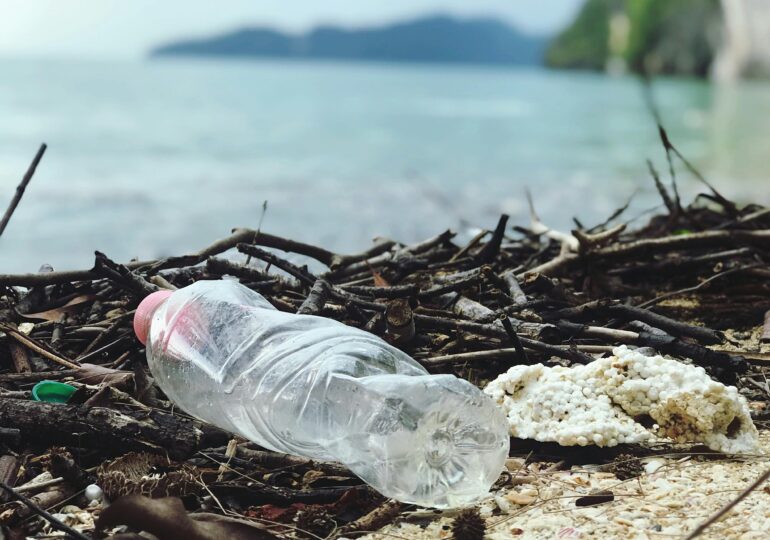Negotiations for the first global treaty against plastic pollution spectacularly collapsed on Wednesday in Geneva, just 30 hours before the deadline.
After three years of discussions and nine days of intense debates, the presented compromise text managed the rare feat of displeasing almost everyone: from states calling for radical measures to major oil-producing countries rejecting any regulation.
Criticized as "unacceptable," "unbalanced," and lacking vision, the document threatens to leave the planet without the most important international agreement to combat plastic pollution.
The diplomat presiding over the negotiations, Luis Vayas Valdivieso, presented a synthesis text and a rather complex consultation procedure in an attempt to bridge still very distant positions.
However, instead of allowing progress, the 31-article text has angered or at least dissatisfied most of the delegates present in the room, who do not accept it as a basis for negotiation.
Colombia, which wants an ambitious text in the fight against plastic pollution, labeled the document as "unacceptable" and called for a new text.
Chile, Mexico, Panama, Canada, and the European Union (EU), including France, followed the example of this South American country, as did the Pacific Ocean islands.
"Unbalanced"
Chile's representative considers this text "clearly unbalanced" because "everything is sent at the national level, and the text does not create any space for international cooperation in the fight against plastic pollution."
The text "does not do the minimum necessary to address the urgency of the challenge we face," emphasized Danish Environment Minister Magnus Heunicke, whose country holds the EU's six-month presidency.
A compromise "requires actions from all parties," emphasized the Danish minister.
Kenya denounced the lack of global binding obligations in any respect, meaning that the document "has no demonstrable value."
Environmental NGOs fiercely attacked the text, denouncing the lack of any constraints imposed on the industrial production of virgin plastic.
This is a "gift to the petrochemical industry and a betrayal of humanity," denounced Greenpeace's delegation head, Graham Forbes.
Even oil-producing countries are dissatisfied
Even oil-producing countries - which oppose any requests for regulating plastic production and banning certain chemicals hazardous to the environment and health - have announced they do not like the text.
Criticisms from Saudi Arabia, Kuwait, Bahrain, and Qatar, among others, mainly target the lack of a "framework" and a field of action.
China - the world's leading plastic producer - asked the president to "focus" on the most important issues in the final hours of negotiations "rather than increasing divergences."
The French Minister of Ecological Transition, Agnès Pannier Runacher, believes that the text "needs to be rebalanced."
"From my point of view, it is possible to write a text of about ten pages that takes into account all the main points of the file," she assured.
However, the hardest thing "is for it to be adopted," she believes.
The International Council of Chemicals (ICCA) did not issue an opinion on this text, but warned states against the temptation of rejection at the end of negotiations.

